The economy has been struggling to pick up momentum due to a combination of political instability, ongoing energy shortages, and rising interest rates, according to Taskeen Ahmed, President of the Dhaka Chamber of Commerce and Industry (DCCI).
He shared these views during a seminar on Saturday at the DCCI office in Motijheel, titled ‘The Overall Economic Picture and What Needs to Be Done from the Private Sector’s Perspective.’
At the event, business leaders urged the government to implement policies that would create a better business environment and encourage investment.
Many pointed to the unresolved energy crisis as a major barrier to economic progress, with entrepreneurs particularly worried about the lack of effective solutions.
They also raised concerns about the banking sector’s poor governance, which they say has deterred investors from committing to large-scale projects.
These challenges have left private sector investment stagnating for several years.
“Last month, a recommendation came forward suggesting a nearly 100% increase in fuel prices. We work in industries that heavily rely on energy, such as steel and cement, and if we look at the situation, these industries are on the verge of shutting down,” said DCCI President Taskeen Ahmed.
The past government’s economic policies also came under fire from economists.
They argued that printing money during high inflation was a disastrous move, and its negative impact continues to be felt by the general population.
Economist Mashrur Riaz said, “Up until July, the actions being taken were self-destructive, especially in terms of inflation. Money was being printed almost recklessly. There’s no doubt that, at times, money printing is necessary. But when inflation is high, printing more money only makes the inflationary situation worse and stretches it out.”
Meanwhile, Abdur Rahim Khan, the Commerce Secretary, called for an increase in the speed at which government actions are taken to improve the business environment.
He also emphasized the need for modernization within the National Board of Revenue (NBR) to help increase tax revenue.
Khan noted, “Automation is not happening, and the National Single Window system is still not in place. If we can fully implement the National Single Window, it will significantly reduce the challenges that business owners currently face while trying to do business in Bangladesh.”
Speakers at the seminar also stressed the importance of implementing necessary reforms in the financial sector to ensure sustainable benefits in the long term.


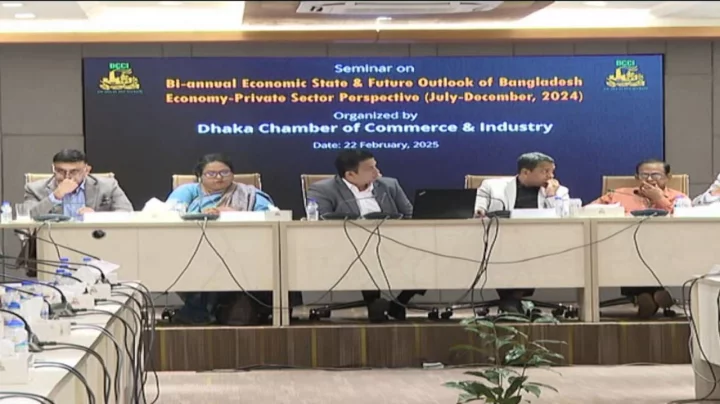

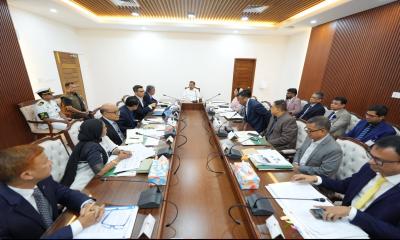
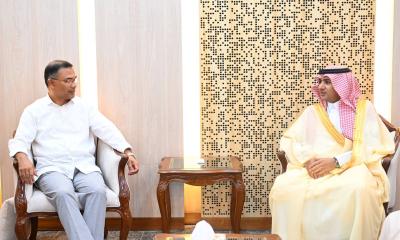





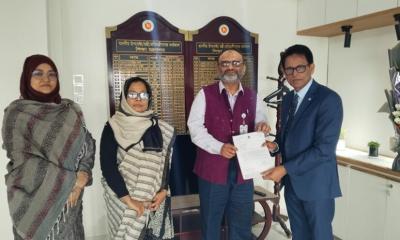

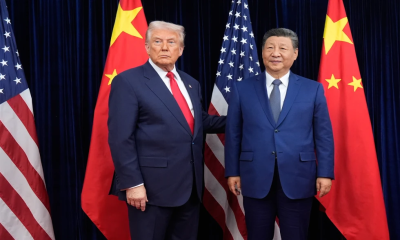
-20260222063838.webp)



















